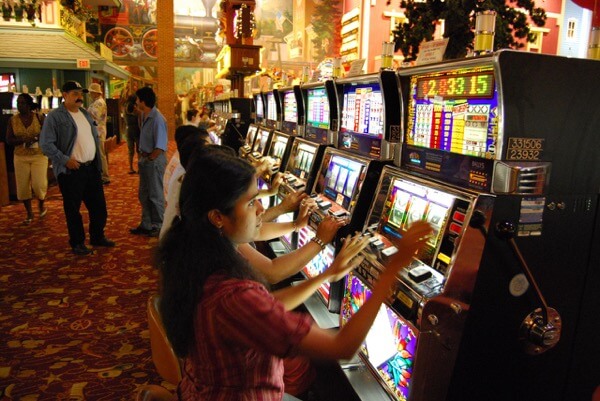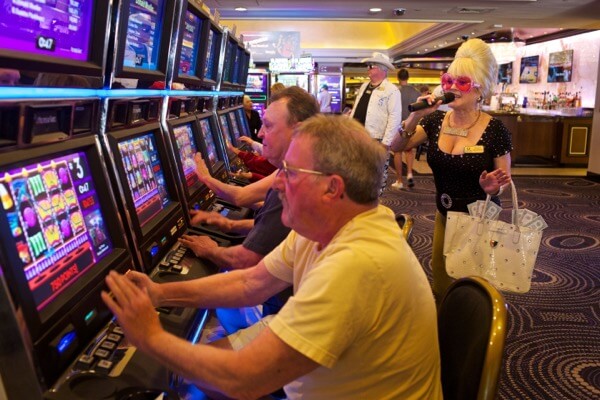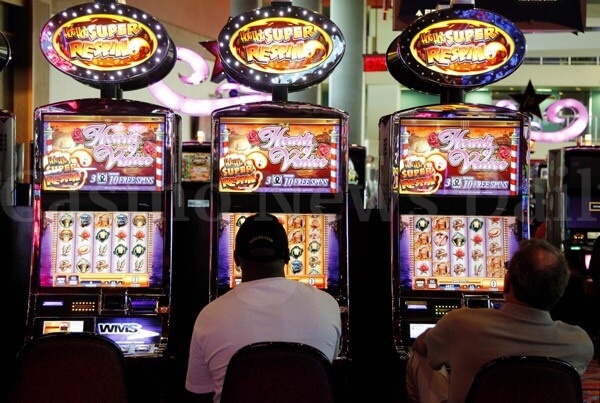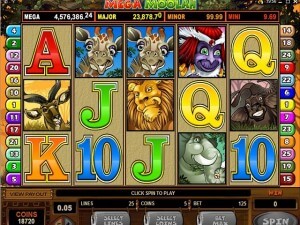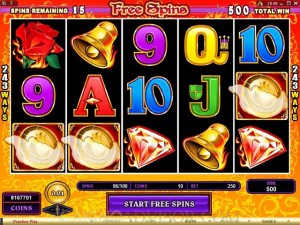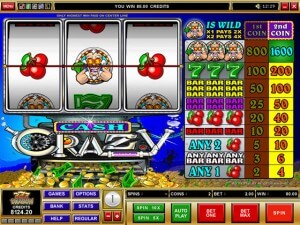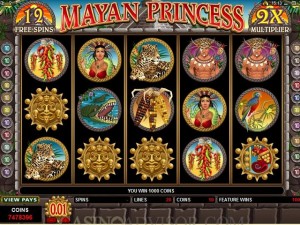The allure of slot machines is undeniable. They have taken over casino floors from Los Angeles to Africa. Their hypnotic power has allowed them to become the number one revenue generator for casinos worldwide. With their vibrant graphics & flashing lights slots are able to stimulate users’ senses on multiple levels. Slots create a world filled with fantasy where people can escape to.
When playing you have to ask yourself whether you are playing slots or are the slots playing you? Slots are able to stimulate addictive behavior more than any other type of gambling. A Canadian study found that 60% of the $1.8 billion played in slots in Ontario came from problem gambling. That percentage is alarming when you realize that its significantly “higher than that for horse racing (53%), casino table games (22%), bingo/raffles (22%), and lotteries/instant-win scratch tickets/sports betting (19%).”
So why are slots so effective at getting into our heads? There are many variables, but the main power of slots is rooted deeply in human psychology. Slots take advantage of basic human instincts to maximize their appeal.
Slots naturally catch our attention because they are flashy. They are packed with ringing bells, exciting music & top notch animation that pump us up. They also are rich in symbolism & packed to the brim with our wildest fantasies. Celebrities, ancient cultures, lucky numbers/animals & mythology are all heavily themed. This provokes our inner child who is desperately searching for magic, rewards & riches. The captivating visuals combined with epic audio makes a powerful mix that reaches deep into our subconscious levels. This trains us to associate the entire experience with luck, positivity & rewards.
Unlike traditional games, slots require no skill. It could take years to perfect playing poker of blackjack, but slots rev up with just the push of a button. There is no decision making or skill required, you are banking on blind faith.
Slot gameplay is extremely fast, & keeps our minds constantly stimulated. A game of poker could take hours, a roulette wheel spin can take 2 minutes & a slot machine can be spun 10 times per minute! They are also non-threatening & judgment free. When you play slots it’s extremely personal, it’s just you & the machine.
Slot machines produce recurrent neurological responses with the human brain. They are able to seduce players by stimulating dopamine production. Dopamine is the chemical responsible for rewarding you when you do things that promote survival, like sex & food cravings. It’s also stimulated when you take risks, it’s your neural pathways’ way of balancing risk, pleasure & rewards.
The potent mix of small rewards scattered in with occasional large ones keep us fascinated with slots & wanting more. Slots constantly reward us with bonus plays, free games, scatters, wins & near misses. This allows our brains to mask the fact that we are steadily losing. If you win back a few nickels on a 25 nickel bet, you can justify the fact that you are winning when in reality it’s the opposite. The near miss psychology makes players feel that instead of losing, they almost won. The subliminal affect of small benefits create a powerful concoction of positive reinforcement even in the face of failure.
While the effects of slots on the human brain are fascinating, they can be detrimental to your finances. For this reason it’s essential to educate yourself about your own phycology. Not everyone who plays slots becomes an addict, but knowing how the game can play you is the first step of prevention. Once you have been enlightened about the tantalizing risks of slots, it makes it easier to identify the warning signs. Don’t become a victim of your own mind.

